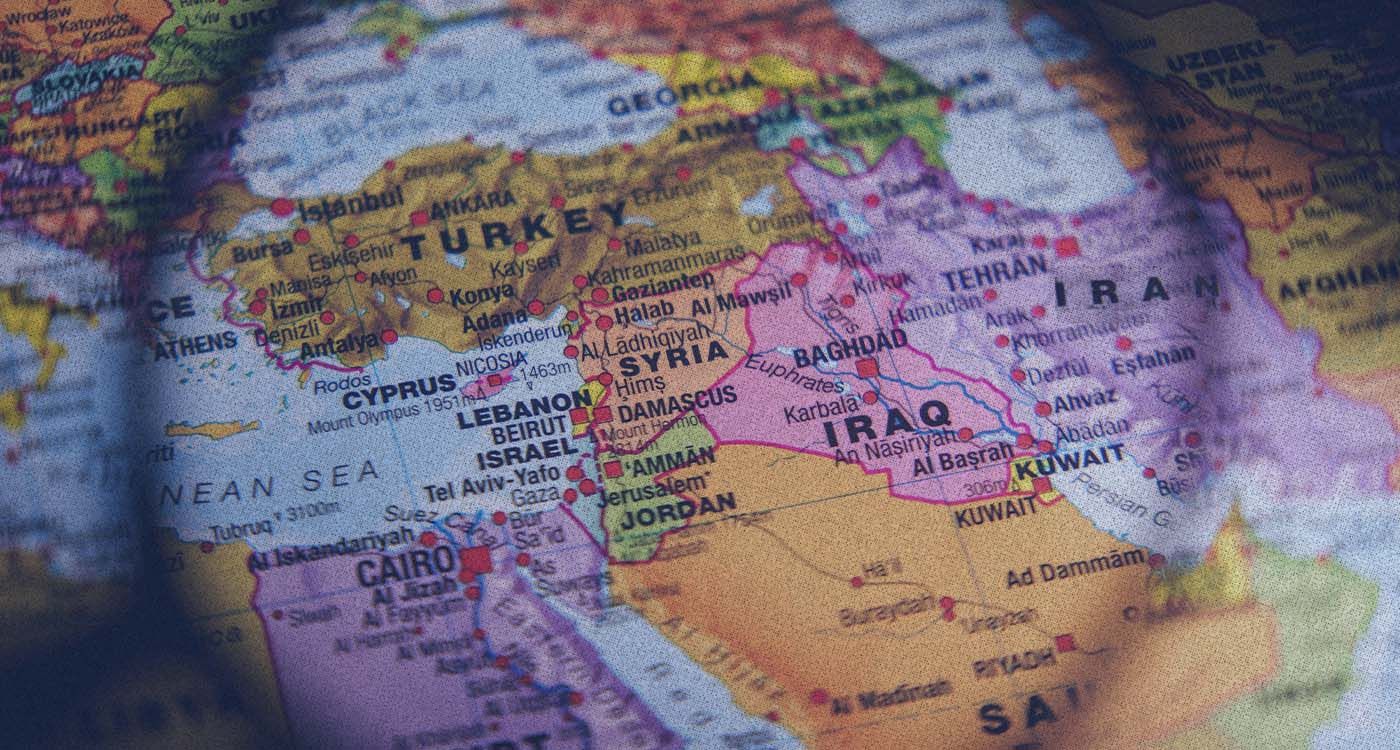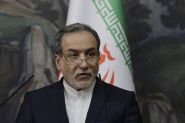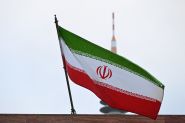- Home
- Middle East
- From Nasser to Khamenei: The End of Resistance Politics in the Middle East

©Shutterstock
For decades, the Palestinian cause served as both a rallying banner and a political tool, used by leaders from Cairo to Tehran not always to uplift Palestinians, but to build empires. Radicalism on the Palestinian issue was once a measure of legitimacy for Middle Eastern leaders. Now, something is shifting. With Arab states striking deals with Israel, the Islamic Republic of Iran reeling from strategic setbacks and the public more concerned with bread than borders, we may be witnessing something unthinkable just ten years ago: the last war over Palestine in the Middle East.
In September 2023, Saudi Crown Prince Mohammed bin Salman casually told Fox News that normalization with Israel was “getting closer.” He said it as if he were announcing a new airport or trade zone, not a move that would have once sparked riots from Marrakesh to Mosul.
It’s not that Palestinians no longer matter, it’s that the game has changed.
A Useful Cause
Back in the 1950s and ’60s, Gamal Abdel Nasser stood at the helm of a pan-Arab movement that claimed to speak for all Arabs. He made the Palestinian cause a stand-in for regional pride, anti-colonial struggle, even socialism. However, in reality, Arab states fought wars in the name of Palestine for their own cynical ends.
Nasser came to regret this path. A rediscovered audio tape from 1970 between Nasser and Libya’s then-young leader Muammar Gaddafi went viral. In it, Nasser tells Gaddafi, “We have no interest in the Palestinian issue. We will only talk about Sinai. When [Israelis] leave Sinai, there will be an agreement,” the president says.” He adds angrily: “Leave us alone... When are we supposed to fight, and where would we get weapons from? Those who seek war and liberation should go ahead. How are you going to liberate Tel Aviv? The Jews are ahead of us; I’m telling you.”
What’s perhaps most revealing is not just Nasser’s realism, but his inability to put an end to the myth he had created through speeches and slogans. This is, indeed, the crux of the problem. As journalist Abdulrahman al-Rashed wrote, Nasser created a “monster” and later became too afraid to cross swords with it.
After Nasser, the torch passed to others. Saddam Hussein tried to cast himself as the new Saladin and stirred Arab imagination by pledging to liberate Jerusalem. The Assads, both father and son, spoke of Palestinian suffering while flattening their own country. And then came the Islamic Republic of Iran—revolutionary, defiant and eager to export both ideology and militias. From the 1980s onward, Tehran wrapped its regional ambitions in the language of “resistance,” building networks through Hezbollah, Shia militias in Iraq, the Houthis in Yemen and eventually Hamas, fueling instability, sectarianism and civil war across the region, all in the name of Palestine.
Palestine became a kind of political currency. But like all currency, it lost value when inflation set in.
October 7 and the Shattered Delusion
The Hamas-led attack on Israel in October 2023 was brutal, calculated and designed to reignite staunch solidarity and fervor for the cause in the Arab and Muslim worlds. It succeeded in drawing out protests, yes—but many Arab governments, even those that hadn’t signed the Abraham Accords, signaled that their priorities had changed.
The truth is, after a decade of failed uprisings, civil wars and economic collapse, most Arab citizens, realistically, aren’t looking to liberate anything beyond their next paycheck. Palestine still moves people emotionally, but not politically. Not enough to derail a deal with Israel, declare armed struggle or turn off the oil taps like in 1973, when King Faisal of Saudi Arabia led an oil embargo against the West in support of Egypt’s war effort.
Meanwhile, the Islamic Republic’s “axis of resistance” has crumbled. Hezbollah has lost both leaders and legitimacy in Lebanon. The Houthis—beyond their ability to cause economic damage by sabotaging trade in the Red Sea—have been unable to shift regional dynamics. The Popular Mobilization Forces in Iraq stayed completely out of the fray, under immense pressure from the Iraqi government and for fear of sharing the fate of other Iranian-funded militias. Hamas, once lionized, is now viewed with suspicion by many in the region.
More importantly, the head of the octopus—the Islamic regime in Iran—has suffered humiliating defeats at the hands of Israel. The loss of more than two dozen senior IRGC officers, all its air defenses, most of its ballistic missiles capable of reaching Israel and, more significantly, the dismantling of its nuclear weapons program—into which it invested much blood and treasure—have destroyed the mullahs’ capacity to wield regional influence. The Islamic Republic has lost decades of strategic capital and will emerge weaker and less intimidating.
What Comes After ‘Resistance?’
Real peace and economic integration won’t happen overnight, let’s not pretend. But something more subtle is underway: a quiet decoupling of Palestine from regional identity.
The old idea, that to be Arab you had to be actively fighting Israel, is losing ground. In its place is a hard-nosed realism. Countries like the UAE, Bahrain, Morocco and potentially Saudi Arabia are betting on trade, tourism and tech. Not because they’re ideological Zionists, but because ideology, in general, doesn’t pay.
The Reckoning
Here’s the uncomfortable truth: nobody is coming to save the Palestinians. Not the Islamic Republic of Iran. Not the Arab League. Not even their own fractured leadership. For years, their cause was elevated to mythical status, spoken of in speeches, printed on posters, chanted in mosques. But when the smoke clears, what’s left is a people trapped between occupation and irrelevance.
That may sound harsh. But perhaps it’s also a kind of liberation—from being used, manipulated, instrumentalized. Perhaps, stripped of all the slogans, a genuine future can emerge, based not on pan-Arab dreams or fatwas by Iranian ayatollahs, but on tangible, grounded politics.
Time to Move On?
To abandon the language of “liberation” is not to excuse occupation or suffering. It’s to finally admit what much of the region has quietly understood for years: the seemingly perpetual war for Palestine is now over.
From Nasser to Khamenei, Palestine was never just a place. It was a mirror in which regimes saw what they wanted. Now, the mirror is cracking. What’s reflected back is reality: a region that’s tired of being held hostage by myths.
It is time to retire the delusions of “liberation” and “resistance,” and face the harder task: coexistence, however imperfect. The age of resistance is over. The age of reckoning begins.
Read more



Comments